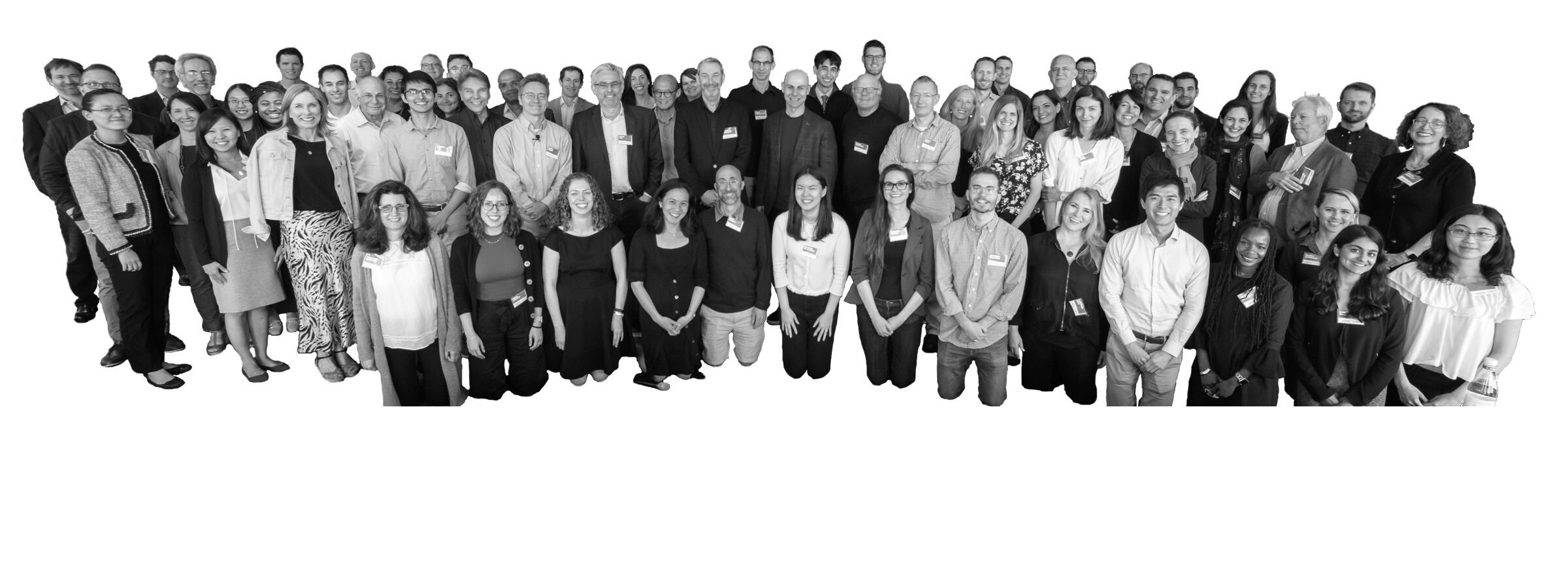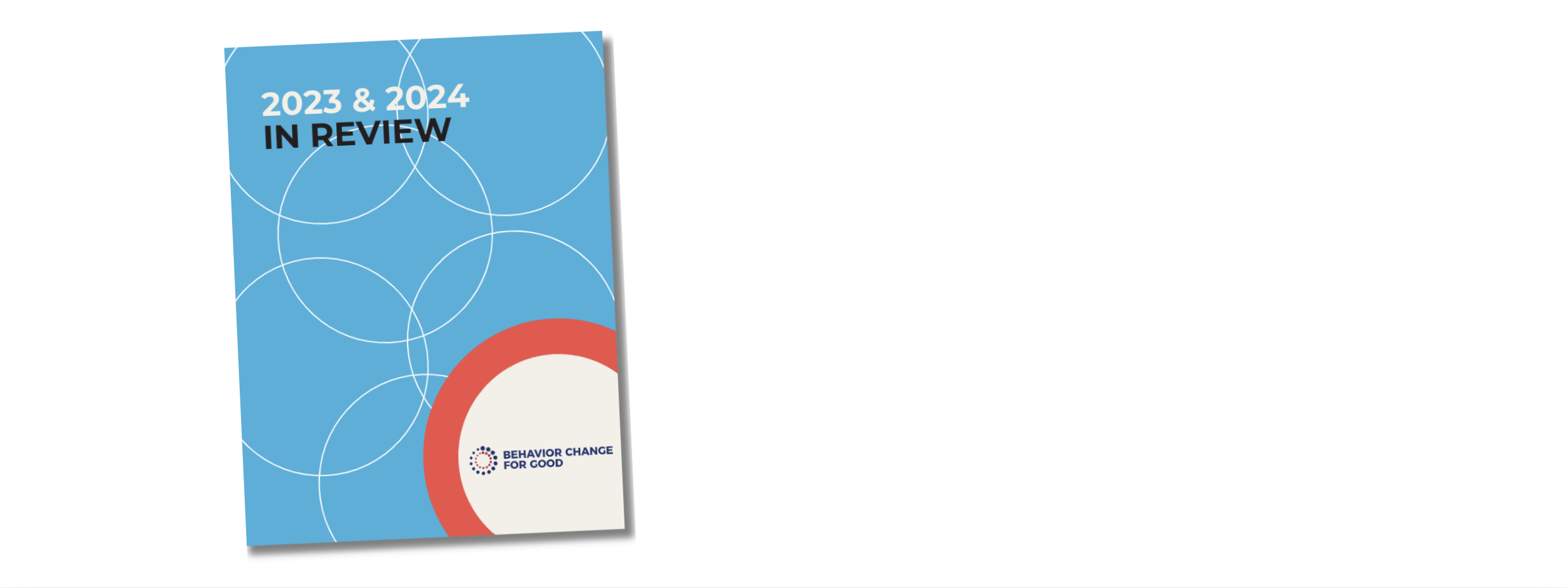Support BCFG
Donate now to support our work
BCFG Newsletter
Subscribe now to receive updates from Behavior Change for Good
Featured Research
A National Megastudy Shows That Email Nudges to Elementary School Teachers Boost Student Math Achievement, Particularly When Personalized
Proceedings of the National Academy of Sciences
Megastudy shows that reminders boost vaccination but adding free rides does not
Nature
Megastudies improve the impact of applied behavioral science
Nature
BCFG in the News
Mastering the Art of Persuasion During a Pandemic
Nature Outlook
What We Learned From Philadelphia’s Vaccine Lottery
The Philadelphia Inquirer
A Penny for Your Squats?
The New York Times
Making Behavior Change Stick
The Behavior Change for Good Initiative unites a world-class, interdisciplinary team of academic experts with leading organizational partners to help advance the science and practice of behavior change. Our pioneering “megastudy” approach allows us to simultaneously test dozens of ideas for changing a behavior, proposed by a diverse array of scientists, to identify which strategies work best and for whom, and how to most effectively create enduring behavior change to transform people’s lives for the better.






